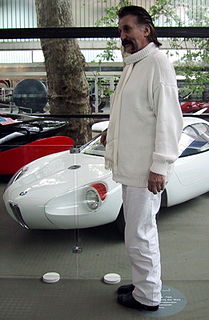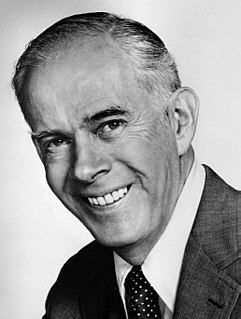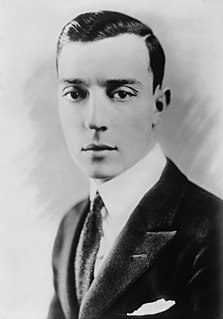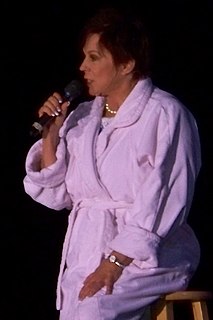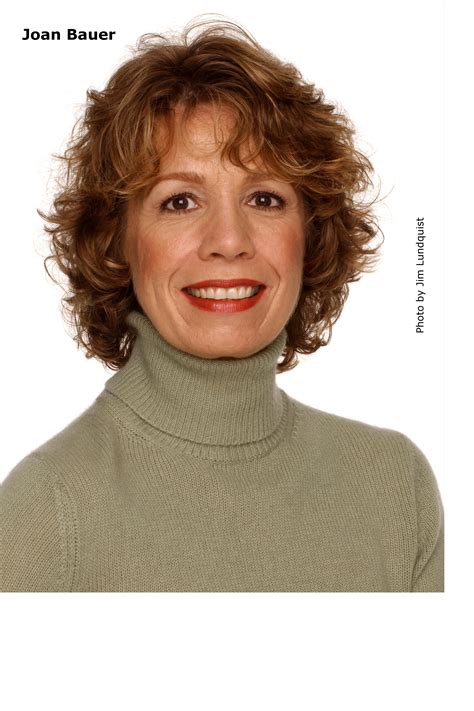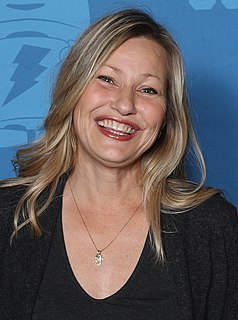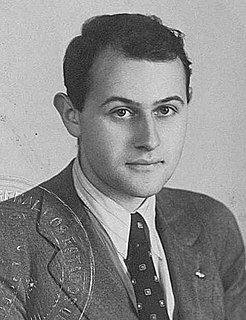A Quote by Luigi Colani
It took two years of me telling Canon engineers that a camera is a thing between the human hand and the human eye, so it had to have ergonomics on both sides! They got the message, and we did it, and overnight it was the camera of the world. Everyone - Nikon, Yashica, Sony - all copied Colani.
Related Quotes
The camera has a mind of its own--its own point of view. Then the human bearer of time stumbles into the camera's gaze--the camera's domain of pristine space hitherto untraversed is now contaminated by human temporality. Intrusion occurs, but the camera remains transfixed by its object. It doesn't care. The camera has no human fears.
The first thing I did in the studio was to want to tear that camera to pieces. I had to know how that film got into the cutting room, what you did to it in there, how you projected it, how you finally got the picture together, how you made things match. The technical part of pictures is what interested me. Material was the last thing in the world I thought about. You only had to turn me loose on the set and I`d have material in two minutes, because I`d been doing it all my life.
The difference between an amateur and a professional photographer is that the amateur thinks the camera does the work. And they treat the camera with a certain amount of reverence. It is all about the kind of lens you choose, the kind of film stock you use… exactly the sort of perfection of the camera. Whereas, the professional the real professional – treats the camera with unutterable disdain. They pick up the camera and sling it aside. Because they know it’s the eye and the brain that count, not the mechanism that gets between them and the subject that counts.
Guys don't understand great art. They don't care that sometimes the camera has power beyond the photographer to record emotion that only the heart can see. They're threatened when the camera jumps ahead of me. Todd Kovich was pissed when I brought my Nikon to the prom, but I'd missed too many transcendent shots over the years to ever take a chance of missing one again. A prom, I told him, had a boundless supply of photogenic bozos who could be counted on to do something base.
With photography, everything is in the eye and these days I feel young photographers are missing the point a bit. People always ask about cameras but it doesn't matter what camera you have. You can have the most modern camera in the world but if you don't have an eye, the camera is worthless. Young people know more about modern cameras and lighting than I do. When I started out in photography I didn't own an exposure meter - I couldn't , they didn't exist! I had to guess.
